DICG Webinar - March 17, 2022
Presentation from the Declaration of Istanbul Custodian Group
Transplantation in the Context of Migrants & Refugees: Challenges & Dilemmas
Local time (Corresponding local time at your current location)
Why this webinar?
The Declaration of Istanbul (DOI) is a universal & comprehensive guidance document on organ trafficking & transplant tourism . Along with other ethics guidance in global transplantation it has served as an important reference point for policy making. The Declaration of Istanbul Custodian Group (www.declarationofistanbul.org) raises awareness on the DOI’s objectives & serves as a guide to action. Moreover it also aims to interpret & advocate the DOI principles in the light of concrete global & national situations which pose a threat to ethical transplantation.
The world is currently confronted with an unprecedented challenge of wars, conflicts & humanitarian crises. The huge number of refugees & migrants pose special challenges to global health. The situation also makes interpretation of the DOI’s principles related to trafficking & tourism extremely complex. Several recent investigations into human trafficking reveal a close connection trafficking for transplantation. The the recent devastation due to Covid 19 has already led to a significant reduction in the numbers of organ transplants thus increasing the demand supply gap. We are thus witnessing unprecedented fertile ground both in terms of vulnerability for illicit organ removal as well as denial of treatments for organ failure.
Through this webinar, the DICG hopes to gain a better understanding of the intersection of transplantation with the current situation of migrants & refugees & also evolve a plan for joint action with groups working in the field.
Webinar Program
- Welcome & Introduction
Eric Rondeau, DICG (5 min) - Overview of Global Situation
Sylwia Gawronska, UNODC (10 min) - Asylum seekers, Refugees; Legal Status & Vulnerabilities
Liliana Sorrentino, UNHCR (10 min) - Vulnerable populations & HTOR
Sylwia Gawronska, UNODC (10 min) - Health Rights of Refugees, Asylum Seekers & Migrants Samarie Wijekoon Löfvendahl, UNHCR (10 min)
- Rights & Obligations of Transplant Professionals in Context of Migrants & Refugees
Kristof Van Assche, WHO Task Force on Transplant Ethics (10 min) - Summary
Sanjay Nagral, DICG (5 min) - Discussion and Q+A
(30 Minutes)
Participants
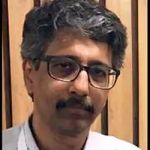
Sanjay Nagral, India
Chair
Bio
Jaslok Hospital, Mumbai
Sanjay Nagral is a surgeon based in Mumbai with special interest in Hepatopancreatobiliary surgery & Liver Transplantation. He has worked & written on the ethical challenges of organ transplantation in India. Currently, he is Director of the Department of Surgical Gastroenterology at Jaslok Hospital in Mumbai. He served on the executive committee of the DICG from 2019 & was nominated as its co-chair in 2021. He is the publisher & member of the editorial board of the Indian Journal of Medical Ethics & chairperson of the Forum for Medical Ethics.
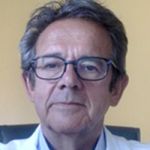
Eric Rondeau, France
Chair
Bio
Tenon Hospital, Paris
INSERM Unit 1155; Sorbonne Université
Professor Eric Rondeau, MD, PhD, Head of the Intensive Care Nephrology unit and renal transplantation in Tenon Hospital, in Paris, France, is a member of the INSERM Unit 1155 and of Sorbonne Université. His lab research activity is devoted to the search of invasive and non invasive biomarkers of kidney graft rejection or fibrosis. He served as the Chair of the western Europe regional board for the International society of Nephrology, and is presently the co-chair of the Declaration of Istanbul Custodian Group (DICG).
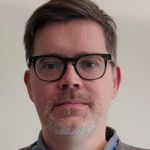
Krisof Van Assche, Belgium
Speaker: WHO Task Force
Bio
Kristof Van Assche is a research professor of health law at the University of Antwerp, Belgium. He obtained a Ph.D. in philosophy from Ghent University and a Ph.D. in law from the Free University of Brussels (VUB). He lectures in philosophy of law and does research on the legal and ethical aspects of complex issues at the intersection of health law, personality rights, and human rights, including organ donation and trafficking in human organs; biobanking; medically assisted procreation; abortion; euthanasia and medically assisted suicide; discrimination in healthcare; human subjects research; involuntary treatment; neurotechnologies; genome editing; and the use of AI in healthcare. He is a member of the Declaration of Istanbul Custodian Group, a member of the Ethics Committee of The Transplantation Society, a member of the WHO Task Force on Donation and Transplantation of Human Organs and Tissues, and a member of the working groups on Living Organ Donation, Legal Boundaries, and Public Issues of the European Platform on Ethical, Legal and Psychosocial Aspects of organ Transplantation (ELPAT). From 2012 to 2014, he was project manager at the Bioethics Division of the Council of Europe, and he subsequently stayed involved in the work of the Council of Europe on trafficking in human organs as an external consultant.
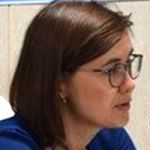
Sylwia Gawronska, Thailand
Speaker: UNODC
Bio
Regional Office for Southeast Asia and the Pacific
Bangkok, Thailand
Prior to this assignment she worked as an independent legal consultant, including with UNODC and COFS. Between 2014 and 2015 she also worked in the Asia-Pacific region as a Counter Trafficking Project Officer at the Regional Support Office to the Bali Process. She has an accomplished track record as the author of several academic legal and policy articles, and United Nations publication. She holds a Master of Law in International Public Law, with a focus on human rights, and a BSc (Hons) degree in International Relations and Media from Oxford Brookes University. In 2021 she completed her Ph.D. in International Criminal Law at the University of Antwerp, focusing on issues of human trafficking for the purpose of organ removal and organ trafficking.
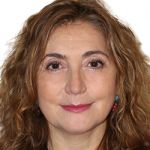
Liliana Sorrentino, Switzerland
Speaker: UNHCR
Bio
Geneva, Switzerland
Liliana Sorrentino serves as Legal Officer with the Division of International Protection of the United Nations High Commissioner for Refugees. She is the focal point for issues related to trafficking in persons and detention.
She started her career working with NGOs and IOs assisting refugees and trafficked persons in Moldova. She then moved to the OSCE as Advisor to the OSCE Special Representative for Combating Trafficking in Human Beings. Before joining UNHCR, Liliana worked as an independent expert on a wide range of human rights, and human trafficking issues for international organizations and NGOs such as UNODC, UNHCR, ILO, IOM, Council of Europe, ICMPD, La Strada International, LEFÖ and many others.
She is a graduate of the Johns Hopkins School of Advanced International Studies. She is the author of reports and articles on issues such as national referral mechanisms for the protection of rights of trafficked persons, non-punishment of victims for status offences and victim’s compensation.

Samarie Wijekoon Löfvendahl, Sweden
Speaker: UNHCR
Bio
Samarie Wijekoon Löfvendahl is a Legal Officer with the Division of International Protection of the United Nations High Commissioner for Refugees, UNHCR, based in Geneva, Switzerland. Among other responsibilities, she is the focal point for legal standards concerning socio-economic rights of refugees at the UNHCR Division of International Protection.
Samarie has worked as protection and legal officer for UNHCR in DRC, Kosovo and Sweden, prior to moving to Geneva. She has also worked for human rights NGOs and the Swedish Migration Agency on matters relating to protection of refugees, asylum-seekers, stateless persons and internally displaced persons. She is holds an LLM from Stockholm University.
Use the image below to promote this event (right-click to download)
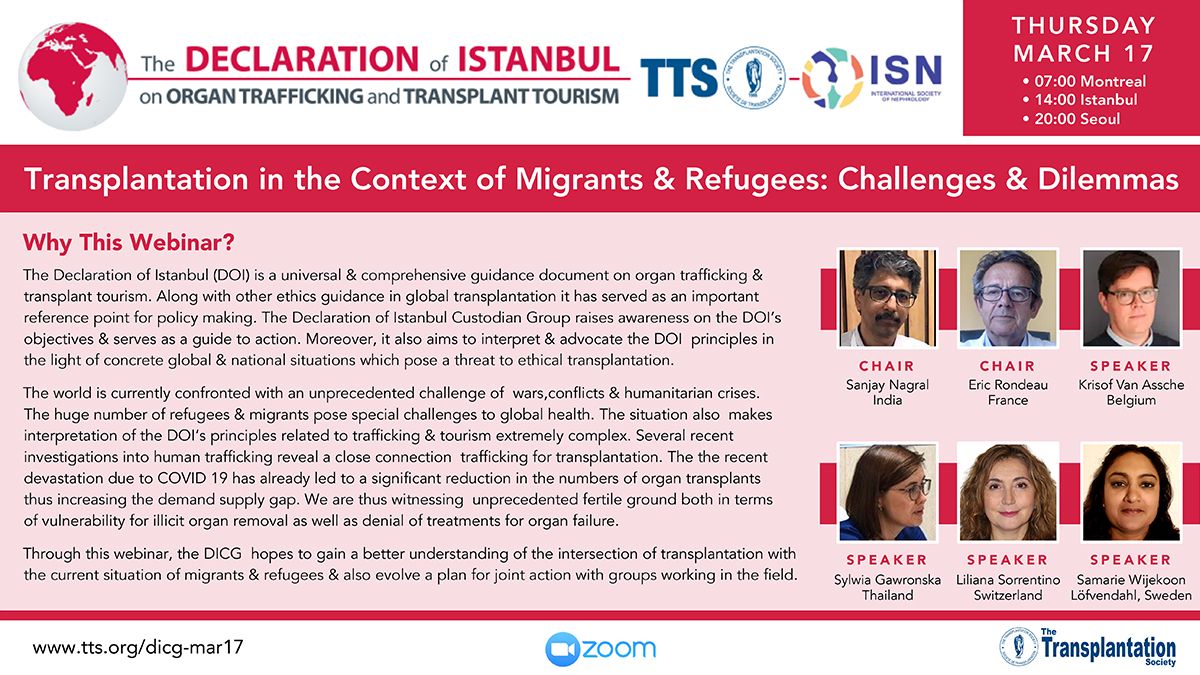
Contact
Address
The Transplantation Society
International Headquarters
740 Notre-Dame Ouest
Suite 1245
Montréal, QC, H3C 3X6
Canada
Используйте Вавада казино для игры с бонусом — активируйте промокод и начните выигрывать уже сегодня!

